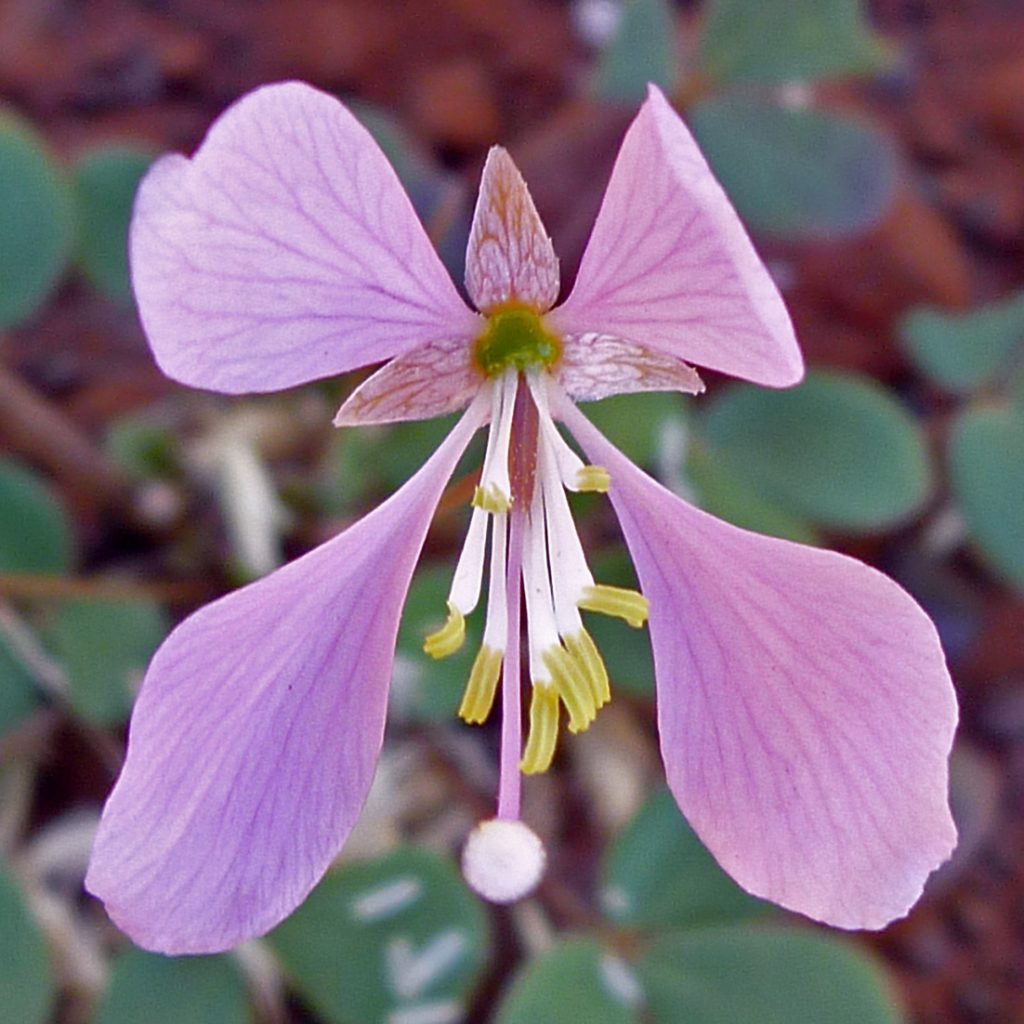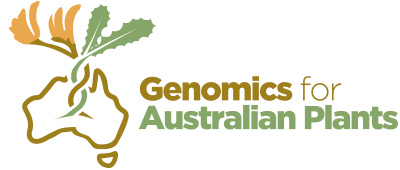Areocleome oxalidea (spider flower)
Aim: Reference genomes (pilot)
Project initiation: Dec 2018
May 2020 update:
Areocleome had significant challenges. The Steering Committee decided to conclude the project after discussions with the project lead.

Project collaborators:
- Russell Barrett | Royal Botanic Gardens Sydney
- Jacqueline Batley | University of Western Australia
- Margaret Byrne | Biodiversity and Conservation Science, Department of Biodiversity, Conservation and Attractions WA
- Dave Edwards | University of Western Australia
- Philipp Bayer | University of Western Australia
- Graham King | Southern Cross University
- Andrea Bräutigam | Bielefeld University
- Jocelyn Hall | University of Alberta
- Julian M. Hibberd | University of Cambridge
- Eric H. Roalson | Washington State University
- M. Eric Schranz | Wageningen University
- E.O.D (Deedi) Sogbohossou | Wageningen University
Project description:
Areocleome oxalidea is the subject of a number of ongoing studies concerning floral evolution, phylogenomics, landscape-level diversification and dispersal, and to investigate a novel independent C3/C4 photosynthesis pathway shift within Australia. C3-C4 evolution is interesting to general public and has implications for plant improvement (such as the C4 rice initiative). Areocleome is part of a rich C4 flora endemic to the deserts of Australia, thus, will provide insights into how plants historically evolved in response to significant climate change events.
This will be the first reference genome for Areocleome. Reference genomes will greatly expand and enhance existing genomic resources of Tarenaya, Gynandropsis and Cleome violacea. It will also greatly facilitate phylogenomic studies within an endemic clade that has undergone significant speciation across northern Australia. Also, the Cleomaceae is very valuable as an outgroup to the economically important Brassicaceae family (including the many cruciferous crops that are important to Australia).
A. oxalidea is a widespread species in northern Australia and a few seed lots are available in Australian seed banks. It is a relatively short-lived annual species that will require clonal propagation, or reliance on seed lines to maintain genetic continuity. Plants will be maintained at Kings Park & Botanic Garden in a living collection and can be cloned if required. Sample preparation will be undertaken in the labs of Dave Edwards and Jacqueline Batley or by Eric Schranz. Significant experience in genome assembly is available from Dave Edwards, M. Eric Schranz and Graham King. Genome assembly, validation and annotation, as well as subsequent additional analyses as required are routine in these research groups.
